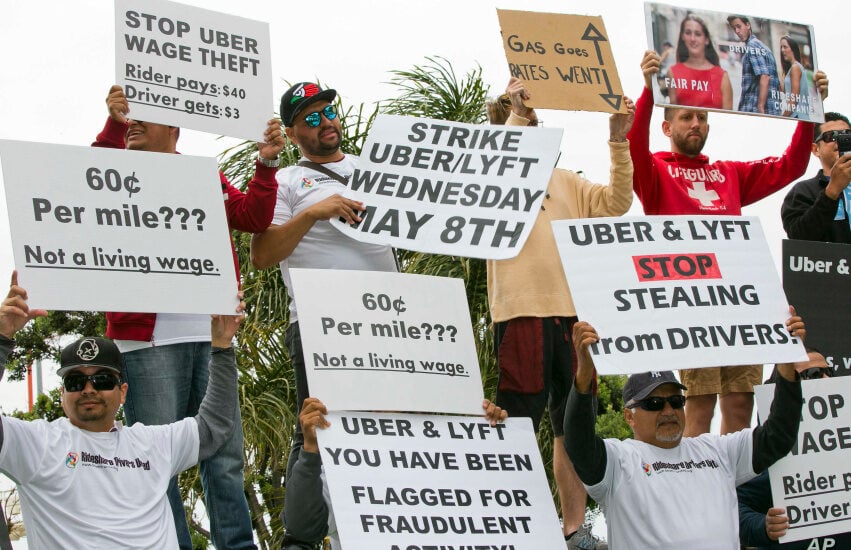
KJIPUKTUK (Halifax) – We are very concerned about ride-sharing services coming to the Halifax Regional Municipality (HRM).
Passenger safety and workers’ rights must be a top priority and we are very worried that Uber and Lyft will be allowed to operate before there are strong safety, operating policies and laws in place.
In other cities, Uber and Lyft have played a role in eroding good jobs in the taxi sector, leading to a race to the bottom and we hope the Halifax Regional Municipal Council and the province, which also plays a role in this, will ensure worker protections are enforced.
There are stringent rules in place for taxi companies and it appears that ride-sharing companies will have more flexibility than taxis with no checks and balances in place.
People need to understand just how bad it can be without proper checks and balances to ensure the same rules apply to all transportation services equally. We believe there are many unanswered questions. We know people want safe and accessible transit options, but they also want to know that the workers providing those services are treated fairly.
We know that ride sharing services improperly classify their workers as independent contractors rather than employees in other municipalities. This ensure that the workers lose their fundamental employee rights. What will happen when someone is assaulted in a ridesharing vehicle? Who will investigate? Who will pull the license?
Global news stories have reported issues in which governments are scrambling to fix problems with unregulated ride-sharing companies. California recently passed legislation to combat the misclassification of ride-sharing and other gig-economy workers, giving them access to minimum wages and other labour protections.
HRM Council and the provincial government must get this right. Large ride-sharing companies call those who hire out their vehicles “partners” in such ventures to avoid paying benefits. They must, at the very least, comply with labour laws, and that often not the case where these companies operate. These multinational companies like Uber and Lyft have a responsibility to treat their workers fairly.
HRM council must ensure that workers’ rights are respected and that companies abide by the same rules as taxis and that checks and balances are in place to protect the travelling public and workers.
This cannot become a race to the bottom for such a critical transportation service in HRM. We will continue to stand up for workers and call on both the HRM Council and the provincial government to get all available data on ridesharing. Let’s get it right the first time.
Danny Cavanagh is president of the Nova Scotia Federation of Labour
See also: Workers in the gig economy feel lonely and powerless
With a special thanks to our generous donors who make publication of the Nova Scotia Advocate possible.
Subscribe to the Nova Scotia Advocate weekly digest and never miss an article again. It’s free!




There is no requirement for Uber or Lyft to have any vehicles that are wheelchair accessible so the problem with a lack of taxi vans that can transport wheelchairs in HRM will not be solved. Also, if you have no access to the Internet, most importantly, a smart phone, you have no way to book a ride. Many people living in poverty would not be able to use either of these services unless they are going to have a dispatch that can be reached by telephone.